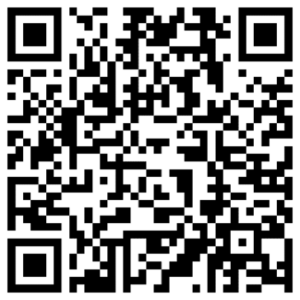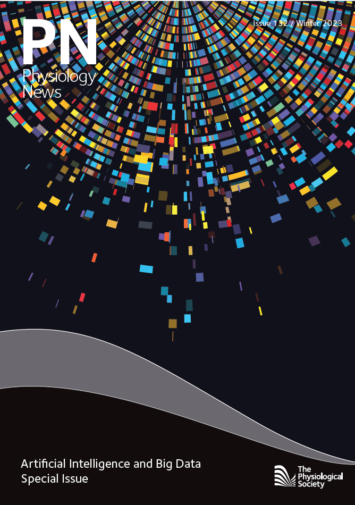
Physiology News Magazine
News from our family of journals
News and Views
News from our family of journals
News and Views
https://doi.org/10.36866/pn.132.10
Name Change Policy
Our Publications Team is pleased to announce that, in alignment with the Name Change Policy Updates from Wiley, authors publishing in both The Journal of Physiology and Experimental Physiology now have the option to include their personal pronouns as part of their manuscript when submitting with us.
Authors can add, edit or remove these pronouns at any stage upon request via our peer-review team. This is an entirely optional addition for the author, and is by no means a requirement for submission. Further guidance on the inclusion of pronouns can be found on the “Information for Authors” page for both The Journal of Physiology and Experimental Physiology.
Our journal AI policy
AI-generated content (AIGC) tools—such as ChatGPT and others based on large language models (LLMs) have grown popular in all industries, including publishing. The Journal of Physiology and Experimental Physiology require authors to fully disclose the use of any AIGC tools in the preparation of their manuscript, as per Wiley’s policy. This disclosure should be placed in the Methods or Acknowledgements section, and must be transparent and detailed. Authors are responsible for both the accuracy of information provided by these tools, and for correctly referencing any supporting work on which that information depends. Tools that are solely used to improve spelling, grammar and general editing are not included in the scope of this policy.
AIGC tools cannot be considered capable of initiating an original piece of research without direction by human authors. They also cannot be accountable for a published work or for research design, which is a generally held requirement of authorship (as discussed in the previous section), nor do they have legal standing or the ability to hold or assign copyright. Therefore—in accordance with the Committee on Publication Ethics (COPE)’s position statement on AI tools—these tools cannot fulfil the role of, nor be listed as, an author of an article.
Reviewers are prohibited from using such tools, to prevent infringement upon the intellectual property and confidentiality rights of submitting authors.
Discount for members!
We are delighted to offer a 10% discount code for members of The Physiological Society on article processing charges for Experimental Physiology. Please scan the QR code and log on to retrieve your discount code. If you have any questions about the discount code, please contact Experimental Physiology: ephjournal@physoc.org

